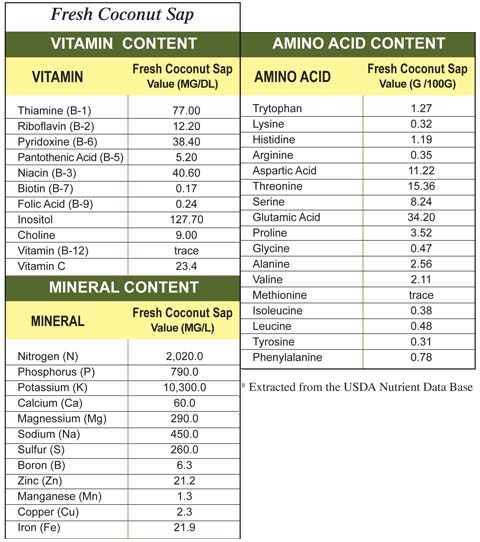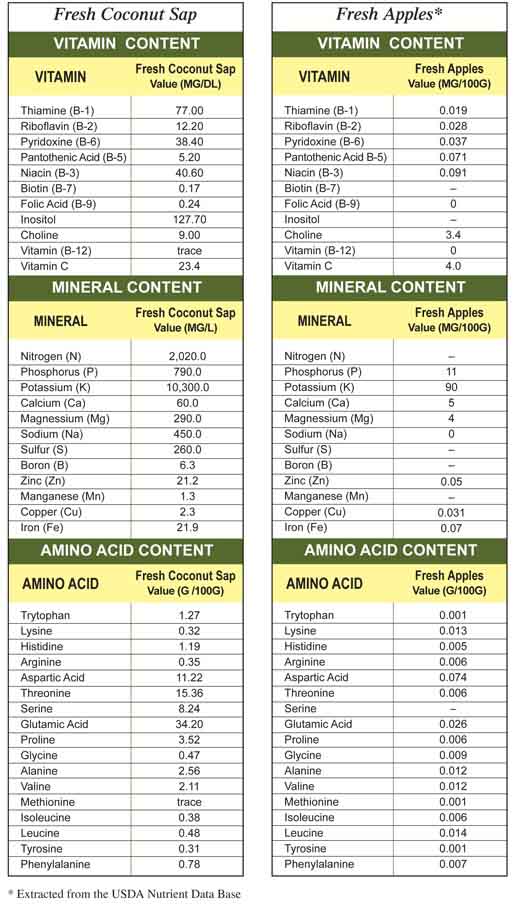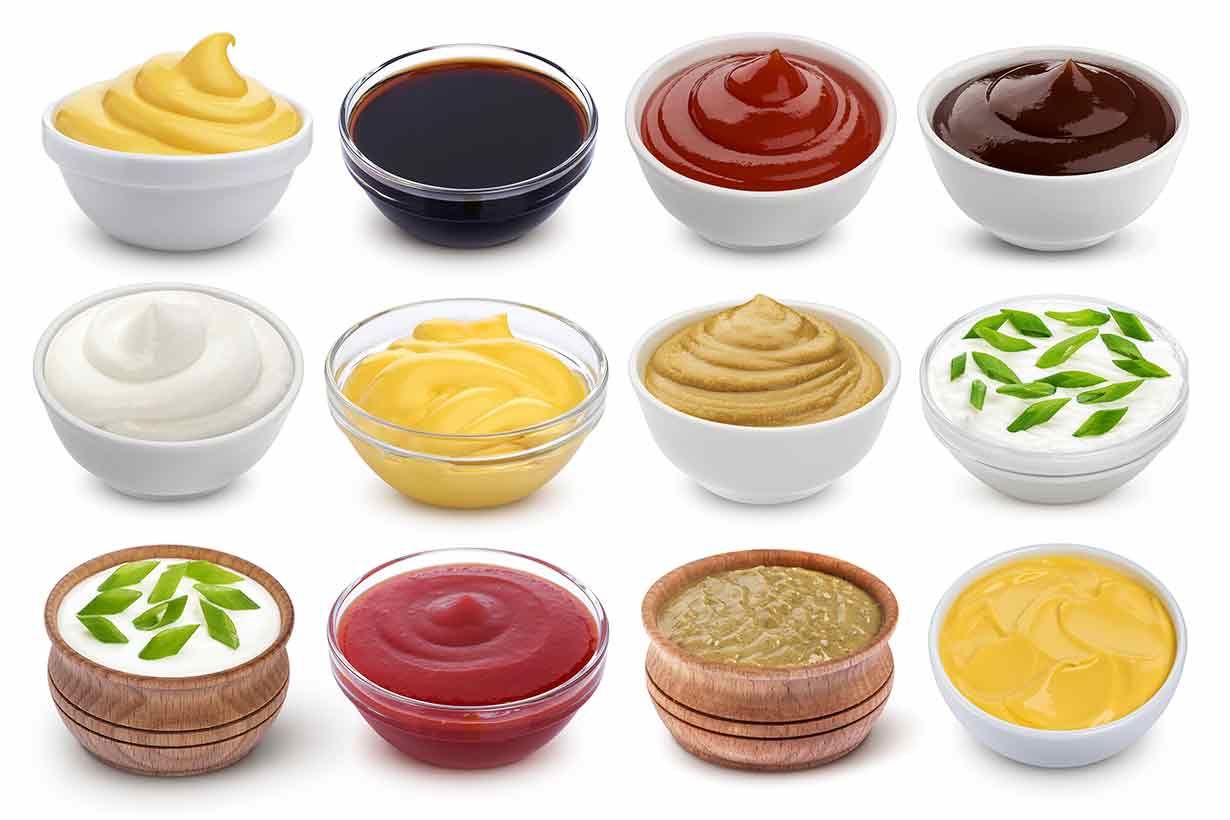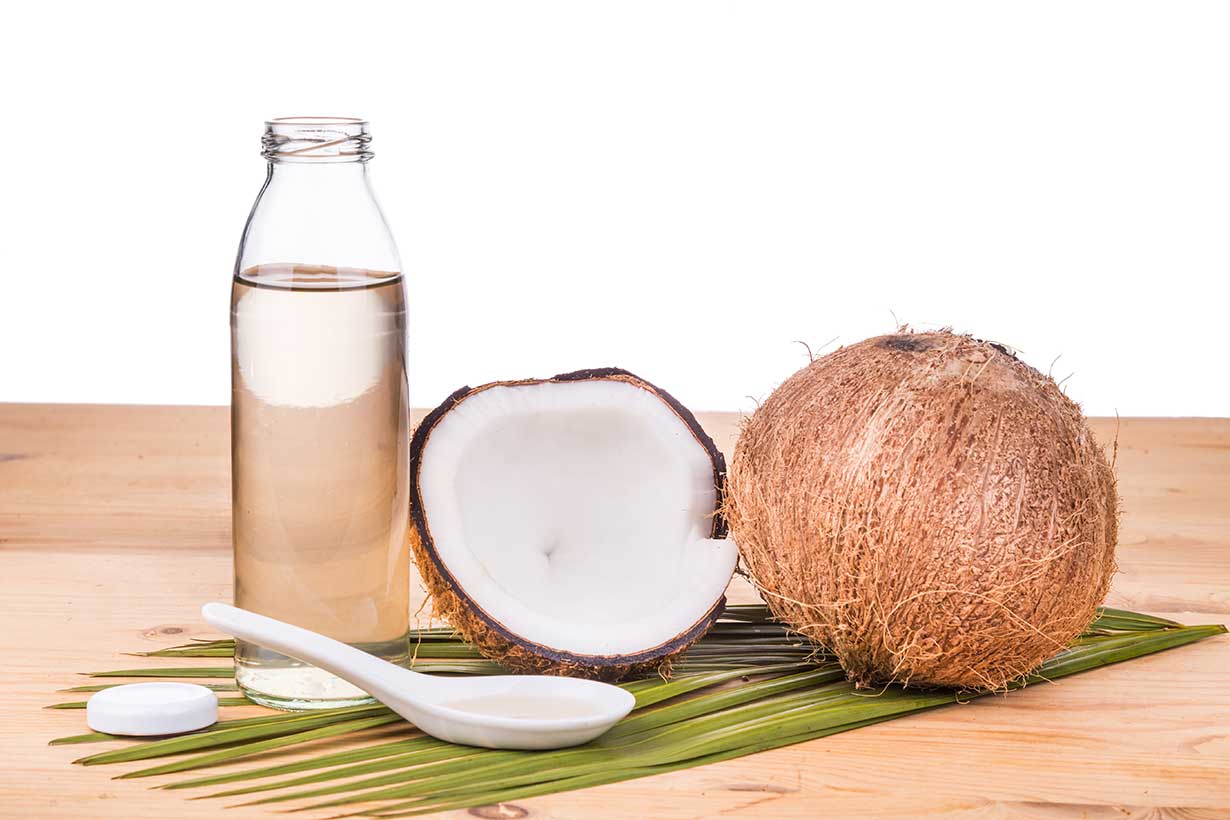Many different foods undergo popularity cycles.
In recent times, coconut products are hugely popular.
However, one product isn’t as well known as the others.
The name of this particular condiment is coconut vinegar and this article takes a look at what it is and possible health benefits.
What is Coconut Vinegar?
Apple cider vinegar, red wine vinegar, and balsamic vinegar tend to be the biggest names when it comes to vinegar.
In this regard, coconut vinegar is a kind of secret to most people.
However, as a type of fermented vinegar, coconut vinegar shares a common trait with the others. It’s also raw – ensuring that it contains all sorts of beneficial enzymes.
Appearance-wise, coconut vinegar is a cloudy white liquid.
It’s also worth noting that despite obviously coming from a coconut, it doesn’t have any coconut taste. It’s a little similar to apple cider vinegar but with a slightly lighter, less bitter taste.
Coconut vinegar plays a big part in the cuisine of Southeast Asian countries, where it grows natively. It’s therefore pretty common to come across when eating at authentic Filipino, Thai and Indian restaurants.
Unfortunately, the vinegar is relatively rare in the western world – but you can pick it up at health stores or online.
How to Use Coconut Vinegar

Coconut vinegar has a variety of uses, and you can use it in a similar way to any other vinegar.
Here are some of the common uses:
- For cooking as part of the ingredients for a dish
- In a salad dressing
- For use in a marinade
- Added to cold water for a healthy drink
- Taken pure (1 or 2 spoons) for digestive benefits
- In skincare routines
Health Benefits of Coconut Vinegar

Firstly, coconut vinegar is free of calories and does not contain a substantial source of nutrients.
As is the case with many types of vinegar, coconut vinegar also plays a role in digestive health.
To be honest, it’s hard judging the health benefits of coconut vinegar because there’s just so little available research to go on.
According to Coconut Secret, coconut vinegar is “Healthier than Apple Cider Vinegar.” Bear in mind that they have a financial interest in selling the product, though.
So rather than just repeating the manufacturers’ claims, let’s take a look at what we do know.
Nutrients in Coconut Vinegar
As far as I’m aware, there’s no data that shows the exact contents of coconut vinegar.
Despite this, coconut vinegar comes from fermented, concentrated coconut sap, which we do have data on.
Therefore, let’s take a look at the nutrients in coconut sap:

As you can see, coconut sap’s vitamin and mineral content are reasonably decent. There are several B vitamins and a good range of amino acids.
The potassium content is especially impressive, and it’s also quite rich in magnesium.
Magnesium may be the most important mineral in our diet, and potassium is also an essential electrolyte mineral for optimal water balance in the body.
But how many of these nutrients are in a serving of coconut vinegar? At this instant, there appears to be no answer.
How to Make Coconut Vinegar

There are two ways of making coconut vinegar, and the two methods significantly impact the nutrient profile of the finished product.
The two ways are through using either coconut sap or coconut water.
The Coconut Sap Method
Otherwise known as sap vinegar, workers collect coconut sap directly from the coconut blossoms on the tree before they bloom.
As we saw earlier, this sap contains a wealth of beneficial nutrients.
After collection, this sap ferments slowly for somewhere between 8 months and a year.
Nothing added and nothing removed; the vinegar created with this method is 100% fermented sap.
On the other hand, some manufacturers make vinegar by using coconut water.
The Coconut Water Method

In contrast to the coconut sap method, vinegar produced from coconut water is cheaper and therefore more profitable to produce.
However, it is only left to ferment for several weeks and uses a fermentation starter. Although cane sugar is often the choice, this could be anything.
Another popular choice to start the fermentation process is apple cider vinegar.
One thing to be aware of is that the vinegar produced from coconut water doesn’t have the same nutritional value. This difference is understandable when you consider that coconut water is diluted and often has added cane sugar in it.
Coconut Vinegar vs. Apple Cider Vinegar: Which is Better?
As mentioned earlier, the distinct lack of studies on coconut vinegar makes it difficult to provide a fair assessment.
However, what we can do is compare coconut sap to fresh apples. These are the respective raw ingredients used to make both products.
Nutrient Comparison
In the chart below we can see the vitamin and mineral content of fresh coconut sap and fresh apples. From looking at the chart, we can see how much higher these ratings are for the fresh coconut sap.

Regarding the amino acid content, it’s no contest; coconut vinegar provides a much more significant amount than apple cider vinegar.
Unfortunately, this still doesn’t tell us the exact amount of nutrients in a serving of coconut vinegar. It’s also important to realize this nutritional data is from the raw ingredients and not the finished vinegar products.
However, we can certainly see how coconut vinegar could be higher in nutritional value than apple cider vinegar.
Studies on Coconut Vinegar vs. Apple Cider Vinegar

Unfortunately for coconut vinegar, this one is an uneven contest. Many studies have been published on apple cider vinegar over the years, while there isn’t any research on coconut vinegar.
Coconut Vinegar
There are no significant studies on the health benefits of coconut vinegar specifically. However, many positive studies on apple cider vinegar focus on the acetic acid content, and coconut vinegar also contains this.
Despite the lack of specific studies, coconut vinegar is relatively new, and studies will likely appear as it grows more popular in the future.
Apple Cider Vinegar
Apple cider vinegar has been extensively studied over many decades, and some of its health benefits are common knowledge.
Here are just a few of them:
- In randomized controlled trials, ingestion of apple cider vinegar reduces the glucose response to carbohydrates. This response happened in both healthy adults and those with diabetes (1, 2, 3).
- In a study on mice, apple cider vinegar exhibited protective effects against oxidative injury to the kidney and liver (4).
- In non-diabetics, apple cider vinegar does not make a significant difference to lipid levels. However, it lowers hemoglobin A1C readings (5)
Coconut Secret: Vinegar Made From Fermented Sap
If you’re looking to buy some coconut vinegar, which one should you get?
After researching, most of the available coconut vinegar appears to be from water.
However, one vinegar that’s widely available and made from sap is the product made by ‘Coconut Secret.’
Coconut Secret’s coconut vinegar is also organic and reasonably priced.
Final Thoughts
Overall, coconut vinegar seems to be a relatively nutritious condiment that may provide a few health benefits.
I tried it out, and it’s great, it adds flavor to food, and it has many uses in the kitchen.
But at the end of the day, it’s a nice extra rather than an essential purchase.
More Coconut Articles








